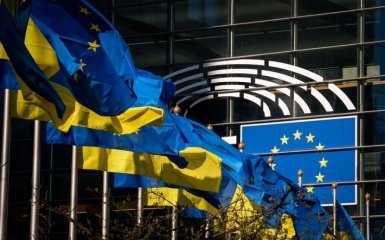On March 21, the summit of the leaders of the European Union will begin in Brussels. It is unlikely that the European Commission's proposal to confiscate income from frozen Russian assets to support Ukraine will be approved.
Hungary will oppose the purchase of weapons from the Russian frozen assets
An anonymous high-ranking European diplomat told DW that most EU member states agree that the confiscated funds should be used to purchase weapons and ammunition for the Armed Forces of Ukraine.
Now Ukraine needs more money for weapons, and, unfortunately, not for reconstruction. And we strive to do everything to avoid further destruction in Ukraine, — explained the diplomat.
The European Commission's proposal states that 90% of revenues from frozen Russian assets should be used to purchase weapons for the Armed Forces.
However, DW's source said that Hungary opposes this, saying that this money should be used for anything, but not for weapons for Ukrainians.
On March 20, the European Commission proposed transferring to Ukraine 2.5 to 3 billion euros per year, obtained from the profits from the Russian Central Bank's frozen assets.
A decision on the start of negotiations with Ukraine on joining the EU will also not be made
DW's source also said that the EU summit will most likely not approve the negotiating framework for the EU accession of Ukraine and Moldova.
There are member states that oppose the opening of negotiations with Ukraine and Moldova under the Belgian presidency of the EU, he said, but he refused to clarify which countries were in question.
In December 2023, EU leaders supported the opening of negotiations on the accession of Ukraine and Moldova.
For negotiations to begin, EU member states must approve the negotiating framework presented by the European Commission, which is a roadmap for the accession process, and hold a meeting of the intergovernmental conference. This specially created body will conduct the negotiations directly.
Both of these decisions require the unanimous support of all 27 leaders of the European Union.




